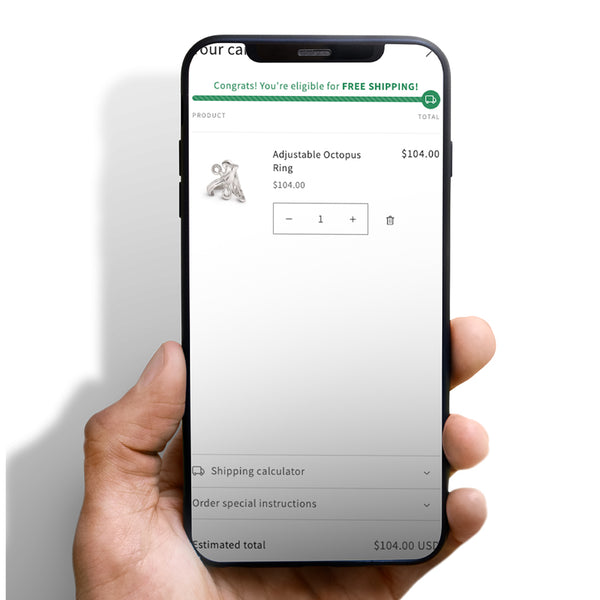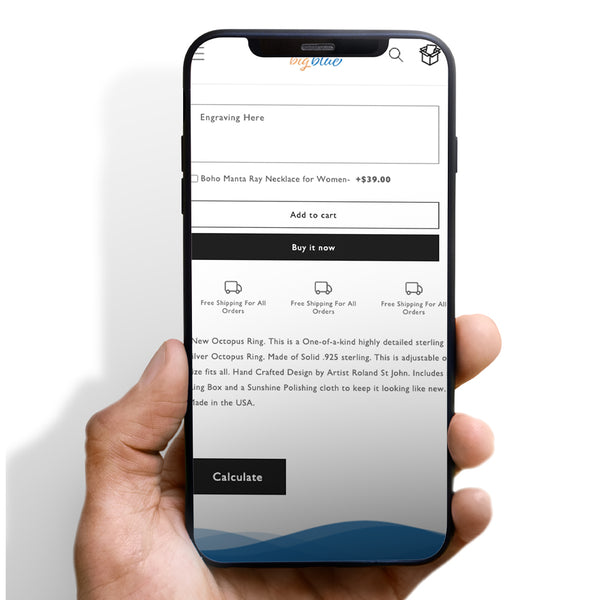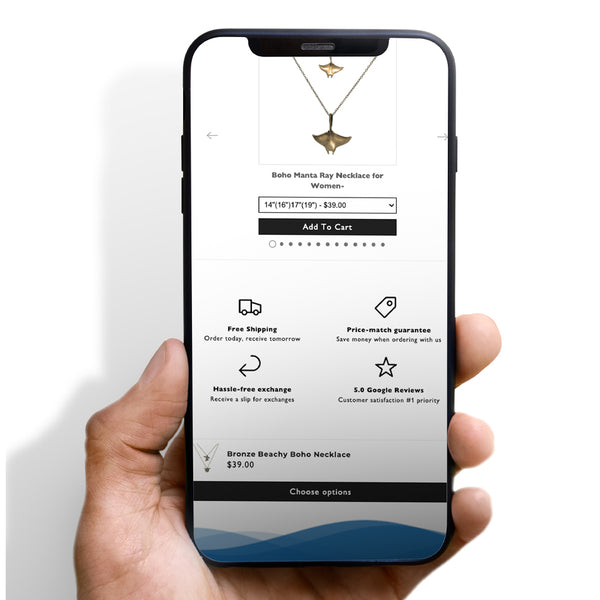SEO ranking is determined by several factors, including the quality and relevance of a website's content, the number and quality of backlinks pointing to the website, the user experience of the website, and the technical performance of the website. By optimizing these and other factors, a website can improve its ranking and visibility in search engine results pages, which can help to drive more organic traffic to the website and improve its overall performance.
1. Creating high-quality, informative, and engaging content is an important part of a successful search engine optimization (SEO) strategy. This type of content is designed to provide value to your website's visitors by addressing their needs, answering their questions, and addressing their pain points. By providing this value, you can establish your website as a trustworthy and authoritative source of information, which can help to improve your ranking in search engine results pages (SERPs).
In addition to providing value to your visitors, your content should also be optimized for your targeted keywords. This means that you should include these keywords naturally and strategically throughout your content, without overusing them or resorting to keyword stuffing. By optimizing your content for your targeted keywords, you can improve your relevance for these terms and make it more likely that your website will rank higher in search engine results when these keywords are searched for.
Overall, creating high-quality, informative, and engaging content that is optimized for your targeted keywords can help to improve your website's ranking in search engine results and drive more organic traffic to your site. This, in turn, can help to improve the overall performance of your website and support your business goals.
2.Optimize your website's on-page elements, including the title tags, meta descriptions, and headings, to make sure they are accurately reflecting the keywords you are targeting.
Optimizing your website's on-page elements is an important part of a successful search engine optimization (SEO) strategy. On-page elements are the elements of your website that can be optimized to improve its ranking in search engine results pages (SERPs). These elements include the title tags, meta descriptions, and headings on your website.
Title tags are the text that appears in the title bar of a web browser and are used by search engines to understand the content of a web page. Meta descriptions are short summaries of the content of a web page that are displayed in the search engine results. Headings are the titles and sub-titles used to organize and structure the content on a web page.
By optimizing these on-page elements, you can make sure that they accurately reflect the keywords you are targeting. This means including your targeted keywords naturally and strategically in your title tags, meta descriptions, and headings, without overusing them or resorting to keyword stuffing. By doing this, you can improve your relevance for your targeted keywords and make it more likely that your website will rank higher in search engine results when these keywords are searched for.
Overall, optimizing your website's on-page elements is a crucial step in improving your website's ranking in search engine results and driving more organic traffic to your site. By accurately reflecting your targeted keywords in your title tags, meta descriptions, and headings, you can improve your relevance for these keywords and increase your visibility in search engine results.
3.Create high-quality, informative, and engaging content that provides value to your visitors and is optimized for your targeted keywords.
Creating high-quality, informative, and engaging content is an important part of a successful search engine optimization (SEO) strategy. This type of content is designed to provide value to your website's visitors by addressing their needs, answering their questions, and addressing their pain points. By providing this value, you can establish your website as a trustworthy and authoritative source of information, which can help to improve your ranking in search engine results pages (SERPs).
In addition to providing value to your visitors, your content should also be optimized for your targeted keywords. This means that you should include these keywords naturally and strategically throughout your content, without overusing them or resorting to keyword stuffing. By optimizing your content for your targeted keywords, you can improve your relevance for these terms and make it more likely that your website will rank higher in search engine results when these keywords are searched for.
Overall, creating high-quality, informative, and engaging content that is optimized for your targeted keywords can help to improve your website's ranking in search engine results and drive more organic traffic to your site. This, in turn, can help to improve the overall performance of your website and support your business goals.
4.Improve the user experience of your website by making sure it is fast, mobile-friendly, and easy to navigate.
Improving the user experience of your website is an important part of a successful search engine optimization (SEO) strategy. A good user experience means that your website is easy to use, navigate, and access, and provides a positive and enjoyable experience for your visitors.
To improve the user experience of your website, you should make sure that it is fast and responsive. This means that it loads quickly and smoothly on all devices, including desktop computers, laptops, tablets, and smartphones. A fast website is important because visitors are less likely to stay on a slow-loading website and are more likely to leave and go to a competitor's site.
In addition to being fast, your website should also be mobile-friendly. This means that it should be easy to use and navigate on mobile devices, and should display properly on smaller screens. With more and more people accessing the internet on their smartphones, a mobile-friendly website is essential for providing a good user experience.
Finally, your website should be easy to navigate. This means that it should have a clear and intuitive menu and navigation structure, and should make it easy for visitors to find the information they are looking for. By making your website easy to navigate, you can improve the user experience and make it more likely that visitors will stay on your site and engage with your content.
Overall, improving the user experience of your website is essential for providing a positive and engaging experience for your visitors and for improving your ranking in search engine results. By making sure your website is fast, mobile-friendly, and easy to navigate, you can improve the user experience and drive more organic traffic to your site.
5.Earn high-quality backlinks from other reputable websites to improve your website's authority and credibility in the eyes of search engines.
Earning high-quality backlinks from other reputable websites is an important part of a successful search engine optimization (SEO) strategy. Backlinks are links from other websites that point to your website. These links act as a vote of confidence in your website and can help to improve your ranking in search engine results pages (SERPs).
To earn high-quality backlinks, you need to focus on getting links from other reputable and authoritative websites. This means websites that are well-established, have a good reputation, and are relevant to your industry or niche. By getting links from these types of websites, you can improve your website's authority and credibility in the eyes of search engines.
In addition to getting links from reputable websites, you should also focus on getting a diverse range of backlinks. This means getting links from a variety of different sources, including websites, blogs, forums, social media, and other online platforms. By getting a diverse range of backlinks, you can improve your website's authority and credibility even further and make it more likely that your website will rank higher in search engine results.
Overall, earning high-quality backlinks from reputable websites is an important part of a successful SEO strategy. By getting these links, you can improve your website's authority and credibility in the eyes of search engines and make it more likely that your website will rank higher in search engine results. This, in turn, can help to drive more organic traffic to your site and improve the overall performance of your website.
6.Utilize social media to promote your content and engage with your audience, which can help to drive traffic to your website and improve your search engine rankings.
Utilizing social media is an important part of a successful search engine optimization (SEO) strategy. Social media platforms like Facebook, Twitter, LinkedIn, and Instagram can be powerful tools for promoting your content and engaging with your audience. By using these platforms, you can drive more traffic to your website and improve your search engine rankings.
To use social media effectively for SEO, you should focus on promoting your content and engaging with your audience. This means sharing your blog posts, articles, videos, and other content on your social media channels, and encouraging your followers to share and engage with your content. By doing this, you can drive more traffic to your website, which can help to improve your search engine rankings.
In addition to promoting your content, you should also use social media to engage with your audience. This means responding to comments, answering questions, and engaging in discussions with your followers. By doing this, you can build relationships with your audience, establish your website as a trustworthy and authoritative source of information, and improve your visibility in search engine results.
7.Monitor and track your search engine rankings and website traffic to identify areas for improvement and to measure the effectiveness of your SEO efforts.
8.Make sure your website is secure by implementing HTTPS encryption and following best practices for website security.
9. Use header tags appropriately to organize and structure your content and make it easier for search engines to understand the main topics and ideas on your page.
10.Keep your website up to date with fresh content and regularly check for and fix any broken links or other technical issues that may be affecting your search engine rankings.
In general, websites that are more relevant, authoritative, and user-friendly will rank higher in search engine results than those that are less so. By implementing effective SEO strategies and techniques, websites can improve their ranking and visibility in search engine results and attract more organic traffic.
Websites that are more relevant, authoritative, and user-friendly are likely to rank higher in search engine results than those that are less so. Relevance refers to how well a website matches the search terms or keywords that are being searched for. Authority refers to how trustworthy and credible a website is in the eyes of search engines. User-friendliness refers to how easy a website is to use, navigate, and access.
By implementing effective SEO strategies and techniques, websites can improve their relevance, authority, and user-friendliness and, as a result, improve their ranking and visibility in search engine results. This, in turn, can help to attract more organic traffic to the website, which can improve its overall performance and support the website's business goals.
Overall, search engine algorithms prioritize websites that are more relevant, authoritative, and user-friendly in their ranking of search engine results. By implementing effective SEO strategies and techniques, websites can improve their ranking and visibility in search engine results and attract more organic traffic.



















 5/5 from 144 reviews
5/5 from 144 reviews

















